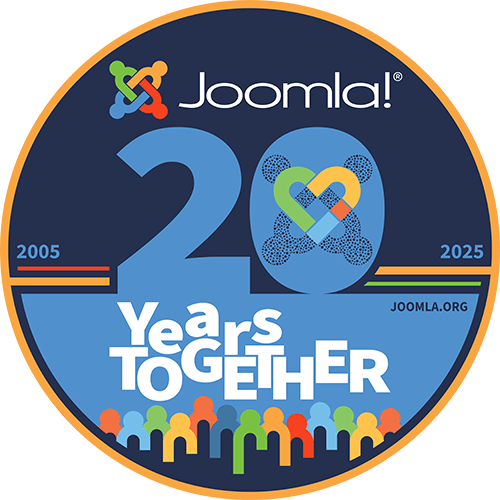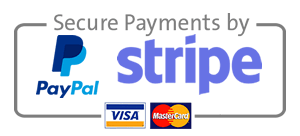The extensions created by SimplifyYourWeb offer a wide number of options that allow you to increase page load performance. At times, I realize that these options are not always taken advantage of. Here is an exhaustive look at those advanced parameters and what they can do to help.
Remove white spaces
Use this option to 'compact' the code output of the extension, removing extra lines and empty spaces. This reduces the size of the overall page, therefore increasing page speed.
Reset pictures
When the extension you are using creates thumbnails of images, that creation is initiated at every page load. It is very useful while testing, but it does use a lot of server ressources. Once satisfied with your extension's output and ready to go 'live', disabling this option will restrict the thumbnail creation to new items only. It will not only reduce server load, but pages will be created more quickly.
Note that when pictures are stored in the site's /cache folder, emptying the cache will force the re-creation of all thumbnails (a missing thumbnail is always re-created).
Inline scripts
Some extensions may be using scripts to create slide animations, for instance. Scripts are loaded as files by default, but they usually are small enough that they can be added in the page's code directly. Doing so will reduce the number of HTTP requests performed (browsers allow a limited number of requests) and will increase the page speed.
Reset headers (stylesheets and scripts)
Most extensions create stylesheets and scripts on-the-fly, allowing parameters to influence the resulting CSS (stylesheets) and JS (javascript) files. It ensures, for instance, that some functionality that is unused does not add unnecessary styles or scripts.
This happens at every page load and ensures your testing will go 'smoothly' and that all changes you make are visible in the output. Turning this option 'off' once you go 'live' will keep cached versions in your /cache folder until you empty the cache or turn that option back on. Once 'off', server resources will be spared and your pages will be built faster.
Troubleshoot In a few circumstances (it all depends on the server configuration), stylesheets and scripts are not created and the output of the extension remains unchanged and/or bare. This may be the result of file/folder access restrictions when those files are created. Take a look at this troubleshoot page to find out how you can fix this issue.
Load icon font
Some of SimplifyYourWeb extensions can show icons in their output. These are not images but are part of a web font created for this purpose. Depending on your configuration, you may not show any icon after all. In that case, you can prevent the loading of the web font, reducing the number of HTTP requests and reducing the page weight.
Caching
This is the general mechanism used by Joomla to cache your module instances. It will take advantage of the site's global configuration settings. When used, it takes a snapshot of your output and caches it for a certain amount of time.
Note that if you are using dynamic settings in an extension (like showing related items), you should not cache it or you will end up with unwanted results.
In the latest versions of the extensions, you can now find a site mode parameter. It's purpose is to ensure the extension is set up the best possible way when you configure it and also when you are ready for prime time.
- Set it to 'test' when setting up the extension
- Set it to 'live' when the extension is ready to be used
- Set it to 'advanced' to individually setup the advanced parameters it covers
Note Not all options are available in all extensions.

